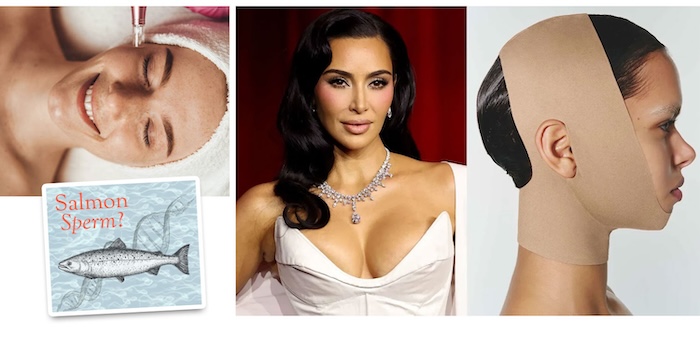Achieving fitness goals requires dedication, consistency, and a well-structured diet. While specific dietary needs can vary based on individual goals, three non-negotiables are essential for most fitness regimens.
1. Balanced Macronutrient Intake
The foundation of any effective diet is the proper balance of macronutrients: proteins, carbohydrates, and fats. Each macronutrient plays a crucial role in supporting different aspects of fitness.
Proteins are essential for muscle repair and growth, making them indispensable for those aiming to build muscle mass or recover from intense workouts. Incorporate high-quality protein sources such as lean meats, fish, eggs, and plant-based options like beans and lentils.
Carbohydrates serve as the body’s primary energy source. They fuel workouts and help replenish glycogen stores in muscles post-exercise. Prioritize complex carbohydrates such as whole grains, vegetables, and fruits to ensure a steady release of energy and maintain blood sugar levels.
Fats are vital for hormone production, including those that regulate metabolism and muscle growth. Healthy fats from sources like avocados, nuts, seeds, and olive oil should be included to support overall health and fitness.
2. Proper Hydration
Hydration is often overlooked but is a non-negotiable aspect of achieving fitness goals. Water is crucial for many bodily functions, including temperature regulation, joint lubrication, and nutrient transport. Dehydration can lead to decreased performance, fatigue, and even injury.
Aim to drink at least 8-10 cups of water daily. Drink more if you’re engaging in intense physical activity. Electrolyte-rich beverages can also be beneficial, particularly for endurance athletes, to replenish lost minerals during prolonged exercise sessions.
3. Sufficient Micronutrient Consumption
Micronutrients, including vitamins and minerals, are critical for overall health and optimal body function. They support metabolic processes, aid in muscle contraction, and bolster the immune system.
A diet rich in a variety of fruits, vegetables, nuts, seeds, and whole grains ensures adequate intake of essential vitamins and minerals. For instance, vitamin C is important for collagen production and immune support, while calcium and magnesium are crucial for bone health and muscle function.
Cover Photo by Brooke Lark










